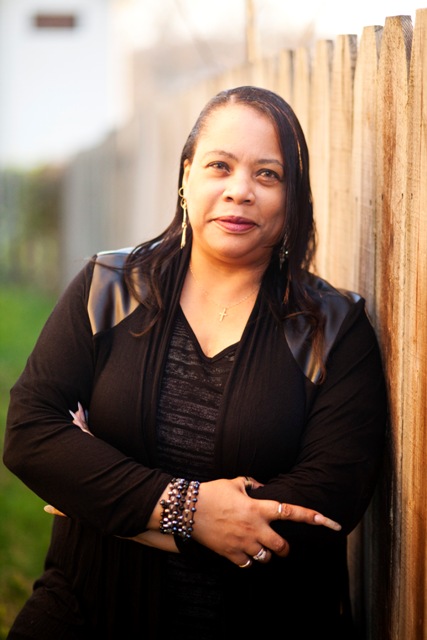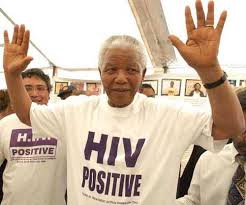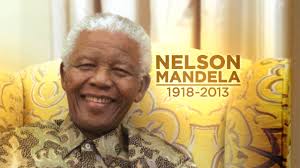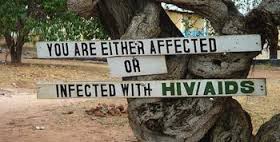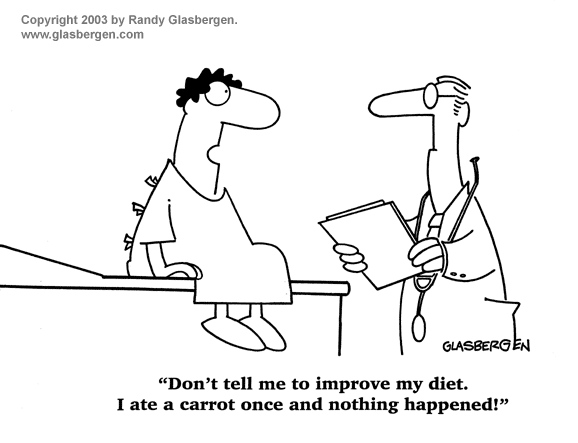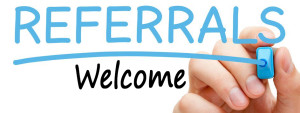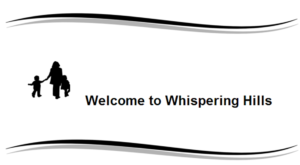
HIV and Relationships
Imagine yourself and your primary intimate relationship. Is it a new relationship? One just beginning? Or have you been in it for so long you don’t remember life without your significant other? Now imagine you have just been diagnosed with HIV, or even AIDS. Imagine on top of being told you have a manageable, but not curable transmittable disease, you have to tell your new friend or your life partner about it.

When do you tell them?
How do you tell them?
What do you tell them?
Do you continue or enter into a primary intimate relationship after receiving an HIV or AIDS diagnosis?
AIDS.gov answers the question of whether someone who is HIV positive can be in relationships and marry with an emphatic yes. People living with HIV/AIDS are both of those things: People and Living. Relationships and intimacy are an important part of a healthy lifestyle, which is all the more important when dealing with any illness, especially a chronic one. Further, people diagnosed with HIV/AIDS often exhibit mental illness such as depression, anxiety, and/or mania in conjunction with the biological part of the disease. That being the case, it is vitally important that someone with HIV/AIDS consciously work to build relationships, whether it be friendships or something more intimate. They must work hard to reject the tendency towards isolating themselves and continue or begin relationships. It can be done with some trust, and some responsibility from both parties.

When to tell:
Revealing your HIV/AIDS status is, in most cases, a personal choice. There is no right or wrong time or way to disclose to a potential or current partner that you have HIV/AIDS. You can go on a few dates, and then tell the person if you feel the relationship is progressing; or you can tell them on the first date. It should be noted, however, that in several states the law does require you to tell your partner your status BEFORE having sex or you could be prosecuted.
Serosorting and serodiscordant relationships:
Some people with HIV/AIDS choose to only have sexual relationships with other people who are HIV/AIDS positive. This is called serosorting and the couple is seroconcordant. However, the World Health Organization estimates that on a global level as many as half of the HIV positive people who are in long term relationships have HIV negative partners. This is called a serodiscordant relationship. Many more people do not know their partner’s status. In a serodiscordant relationship, there is always a risk of passing the disease to your partner, but there are ways to minimize the risk. The use of condoms, medical adherence, and pre-exposure prophylaxis are all ways to both minimize the risk of passing the disease as well as keeping the HIV positive partner healthier, longer.
Intimate relationships are one of the things that make life worth living. Everyone deserves to have a life worth living no matter what illness they face. Being diagnosed with HIV/AIDS does not mean that the person is not lovable, does not deserve love, or does not need love. As with all relationships, trust has to be built, and it has to be the right relationship at the right time. One has to prepare for rejection in relationships no matter who they are or what their circumstances are. It’s what makes finding the right one that much sweeter.
Development Specialist
This part time position(15 hours a week) can expand to additional hours depending upon available resources.
Development Specialist
Specific Duties
Marketing:
- Capitalize on and implement agency brand
- Communicate with pledge holders as they complete pledge obligations
- Implement major and minor capital campaigns
- Create and implement marketing strategies
- Increase donors, keep donor list current updated
Fundraising Events
- Maintain events calendar
- Plan, schedule and execute individual events in conjunction with volunteers, staff and community groups
- Solicit in-kind goods and services as needed
- Schedule and document post event de-briefings reports
- Monitors W.O.M.E.N.’s compliance with donor gift intent.
Planned Giving
- Identify planned gift prospects
- Organize communications and materials for solicitation
- Organize targeted solicitation
Other duties as required
Develop a plan for each event
Keep confidentiality
Use critical thinking , strategic thinking
Monitor progress of fundraiser
Compile and develop eye catching materials to be submitted in a verity of outlets
Develop and maintain media contact lists
Develop strategies to encourage new or increased contributions
Recruit sponsors, participants, or volunteers for fundraising events
Direct or supervise fundraising staff, including volunteer staff members
Develop pledge drives through media-radio
Secure commitments of participation or donation from individuals or corporate donors.
Prepare materials for charitable events, such as fundraising envelopes, or gift bags
Establish fundraising or participation goals for special events or specified time periods
Explain the tax advantages of contributions to potential donors
Identify and build relationships with potential donors
Attend community events, meetings, or conferences to promote organizational goals or solicit donations or sponsorships
Contact corporate representatives, government officials, or community leaders to increase awareness of organizational causes, activities, or needs
Develop fundraising activity plans that maximize participation or contributions and minimize costs
Develop or implement fundraising activities, such as annual giving campaigns or direct mail programs
Coordinate web-based fundraising activities
Plan and direct events for fundraising, such as silent auctions, dances, golf events etc
Solicit cash or in-kind donations or sponsorships from individual, business donors
Write speeches, press releases, or other promotional materials to increase awareness of the causes, missions, or goals of organizations seeking funds
Conduct research to identify the goals, net worth, history of charitable donations, or other data related to potential donors, potential investors, or general donor markets
Coordinate transportation or delivery of materials, supplies, or donations for fundraising events
Secure speakers for charitable events, community meetings, or conferences to increase awareness of charitable, nonprofit, or political causes
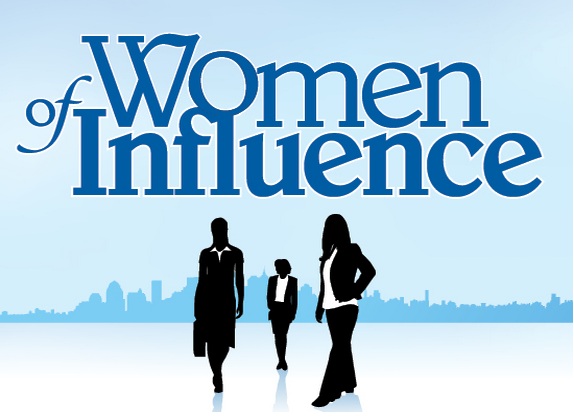
W.O.M.E.N. begins 2014 on a High Note!
Catherine Wyatt-Morley, W.O.M.E.N. founder and CEO named finalist in 2014 Nashville Women of Influence Awards.
Happy 2014!
It’s a brand new year and we at W.O.M.E.N. are very excited with the way it has dawned for us so far.
Drum roll please…
The Nashville Business Journal (NBJ) has named our very own Catherine Wyatt-Morley as a finalist in the 2014 Nashville Women of Influence Awards, under the category of Non Profit Leader.
The Women of Influence Awards program, now in its eighth year, is the vehicle by which the NBJ, through a rigorous nomination and elimination process, recognizes and features powerful, influential and outstanding women leaders under ten categories. The list is impressive, to say the least. Therefore, winning aside, the mere fact that Catherine has been nominated is indeed a prestigious honor.
Check it out here: http://www.bizjournals.com/nashville/blog/2014/01/nbj-names-2014-women-of-influence.html?page=all
NBJ has organized a celebratory awards luncheon at downtown’s Renaissance Hotel on Tuesday, February 11, 2014. The luncheon, where all finalists will be recognized, is scheduled to run from 11.30 a.m. to 1:00 p.m. A winner in each category will also be declared at the event. Book yourself a place at the table and be present to personally witness this noble event.
Advanced tickets can be purchased here: http://www.bizjournals.com/nashville/event/98341
In addition to the awards dinner, all of the finalists and winners will be featured in a special publication in the March 1st issue of the Nashville Business Journal.
Go Catherine, Go!
…and a Happy New Year to you all!
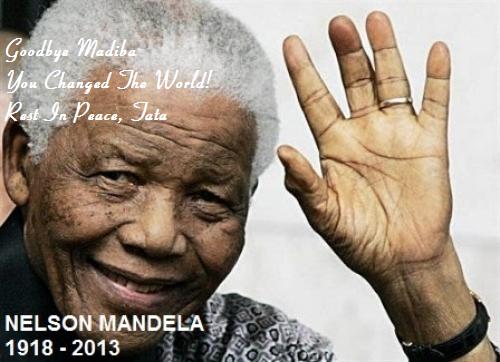
Nelson Mandela: They Just Don’t Make Them Like That Anymore
A Tribute to Nelson Mandela:
Last Thursday, Former South African president, Nelson Mandela took a bow and exited the earth stage leaving a grief stricken world united in anguish and sorrow. W.O.M.E.N joins our global family in mourning the passing of this truly unique and one-of-a-kind legend of our times. Nelson Mandela fought many wars including racial oppression. Perhaps though, the fight that he took on with an unprecedented and unabashed tenacity even as he grew frailer with advancing age; the fight that touched more lives all around the world than any other, was his war on AIDS and eliminating stigma.
In 2005, Nelson Mandela’s only surviving son, Makgatho Mandela, died of AIDS at the age of 54. Almost immediately, Mandela publicly announced this in a statement that not only sent shockwaves indeed, but also begun shattering the darkly tinted heavy glass of stigma, shame and silence that had encased the AIDS phenomenon in South Africa. He had learnt of his son’s HIV status barely six months ago.
“Today, a member of my family died because of AIDS”, he said and added, “I have been saying for more than three years that we should speak openly about HIV/AIDS and not hide it away. It is the only way in which it will become an ordinary disease – just like TB and just like cancer”. Mandela believed that “If we speak about it, people will stop thinking that it is something people will go to hell for and never see heaven”.
Yet Mandela’s fight against the social stigma surrounding HIV/AIDS did not begin on the day his son died. In 2002, he paid a very public visit to Zackie Achmat, an AIDS activist who had refused to take antiretroviral drugs until the government made them publicly available. Before that, a full five years before his son would die from AIDS related causes, Mandela attended a conference and the closing speech he delivered will forever remain monumental.
By 2000, South Africa had the world’s highest number of infected persons at a whopping 24%, nearly 4 million people, between the ages of 15-49. In July that year, at the 13th International AIDS Conference in Durban, the powerful words of Edwin Cameron, a judge with AIDS and Nkosi Johnson, an 11 year old boy who died two years later, painfully ravaged by the disease, broke the silence on HIV/AIDS and openly forced it into the national conversation. But it was Mandela’s closing speech at that conference that changed the AIDS agenda forever.
Nelson Mandela’s advocacy for AIDS became the most important work of his foundation, a charity he named 46664 after his Robben Island prison number. The charity has raised funds and awareness through huge international concerts at which some of the world’s biggest stars such as Beyoncé have performed. As he became more fragile, he turned down all public appearances and speaking engagements except those that had to do with AIDS.

Mandela used his influence on high profile celebrities to create HIV awareness through his 46664 HIV foundation
Mandela knew he had great stature in the world. He was aware that he evoked a sense of hero worship from the high and mighty to the meek and lowly throughout the world. He chose to use his far reaching influence to change the course of treatment, both socially and medically, for AIDS victims in his country and subsequently, the world over. In South Africa, and slowly around the world, social stigma on AIDS begun to suffer severe erosion, because Nelson Mandela stood up and spoke out.
Yes, Nelson Mandela was a great man, a saint that lived among us for too short a while and they just don’t make them like that anymore.
Adios, Madiba and fare thee well!

The Tree of Life Celebration – World AIDS Sunday at Metropolitan Interdenominational Church
W.O.M.E.N. took part in this past Sunday’s December 1st World AIDS Day events in which Rev. Edwin Sanders of Metropolitan Interdenominational Church, continued its tradition, now in its tenth year, of infusing the spirit of Christmas into its World AIDS Sunday Community Celebration service. The ceremony calls in part, for placing white ribbons for those who have died from AIDS-related complications and red for those living with HIV/AIDS, calling the names of each person represented by a ribbon, all on a tree fondly referred to as the “Tree of Life”.
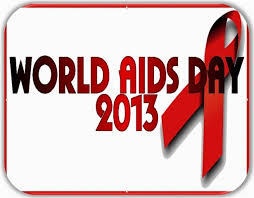
Celebrate World AIDS Day – December 1, 2013 With a Positive Action
HIV impacts all of us in one way or another. Here in the US, more than a million people are living with HIV. These people are all related to someone in one way or another: mother, sister, aunt, friend, cousin, brother, dad, uncle, etc. The federal theme for World AIDS Day 2013, Shared Responsibility- Strengthening Results For an AIDS-FREE Generation. We need to exert more pressure on ourselves, triple all our efforts, to ensure we completely eradicate HIV and AIDS.
And, yes, it can be done. Testing, of course, remains key. This is the first positive step that all of us can take. Get tested. Know your status. Remember, HIV does not discriminate across gender, race or age.
This is the first positive step that all of us can take. Get tested. Know your status. Remember, HIV does not discriminate across gender, race or age.
This is also in line with the general global theme, Getting To Zero, for the celebrations. Getting To Zero reflects the universal goal of achieving a new world status of zero new infections, zero new babies born with HIV and zero deaths resulting from HIV and AIDS related complications. It is probably not in doubt that we all share this desire but the only way to address it is by getting tested. 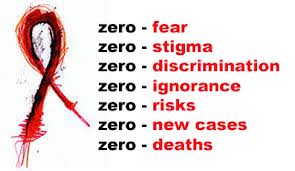 The good news is that when people test negative, they usually do everything they can to maintain that status. This protective behavior forms a large part of the shared responsibility towards a common goal of Getting to Zero.
The good news is that when people test negative, they usually do everything they can to maintain that status. This protective behavior forms a large part of the shared responsibility towards a common goal of Getting to Zero.
It therefore remains very important and cannot be over-emphasized: Get tested today.
W.O.M.E.N. provides HIV testing and counseling Monday through Friday from 9 a.m. to 5 p.m. Call 615-256-3882 to book your appointment today.

W.O.M.E.N. on a Journey – Fall/Winter (2013-2014) Newsletter
Happy Thanksgiving!
As always, it is a busy holiday season here at W.O.M.E.N. We are also gathering all the holiday news and views at W.O.M.E.N. ready to serve up a sumptuous newsletter for you soon. Remember to look out for our Fall/Winter newsletter in January 2014.
In the meantime, just in case you missed it, do take a moment to catch up on everything we have been up to this past quarter in the spring and summer months, by clicking on the link below:
Please click HERE to view our 2013 Spring/Summer Newsletter!
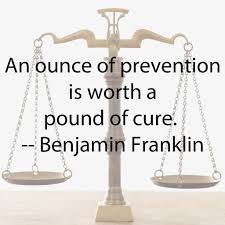
PREVENTIVE HEALTH
Preventive Health
Yes, most people will hardly find the need to go to the doctor unless they are truly sick. Obviously, illness may not be ignored. Yet, with the current skyrocketed healthcare costs and the decidedly reduced income levels of most households, who would pay for something they don’t “need”?
The fact is, however, you really do need it! Women, especially, are at significantly higher risk of developing most chronic diseases affecting our planet. These include Diabetes, Heart Disease and Stroke. Preventive health care can save lives. For example, women who undergo mammograms, screenings for cervical cancer among others, definitely have a better chance of latching onto early onset of disease. In many cases, this vastly improves their chances of better management and containment. In some instances, a complete cure may even be possible. Sadly, most women delay or avoid getting necessary care because of cost.  The irony is that preventive health care really does save lives.
The irony is that preventive health care really does save lives.
There are some things you can begin to do right now that don’t require medical assistance or knowledge. The World Research fund (http://www.wrf.org/preventive-healthcare/preventive-healthcare.php) lists four possible immediate steps you can embark on today towards good health practice:
- Don’t smoke or use other tobacco products; drink only in moderation (and red wine is the most acceptable use of alcohol
- Eat a proper balanced diet to get the correct amount of nutrients and calories daily
- Exercise at least three days per week; aerobic exercise will build muscle and endurance
- See your doctor regularly for checkups
As can be seen from the above, the most important part of preventive health care is maintaining good health habits. In addition to developing these habits, however, some screening services may prove worthwhile in either preventing or at least minimizing the effects of disease. Women, especially, should ensure they undergo the following, as regularly as required, for optimal health:
- Pap smear
- Breast self-examination
- Mammography
- Cholesterol screening
- Cervical cancer screening
- Lung cancer screening for smokers
- Abdominal aortic ultrasound
- Blood Pressure
- Blood Sugar
In addition, you should have a plan for getting professional care before the need arises as well as ensure your immunizations are up to date. This is a must for every member of your family.
Often early detection is the key to effective treatment. 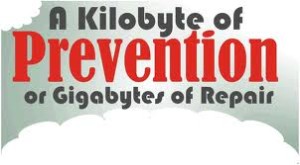 Some symptoms will require you to see your doctor immediately. These include a lump or persistent lesion on your body, a seemingly long lasting fever, persistent and chronic cough, unexplained weight loss and continued aches and pains.
Some symptoms will require you to see your doctor immediately. These include a lump or persistent lesion on your body, a seemingly long lasting fever, persistent and chronic cough, unexplained weight loss and continued aches and pains.
Preventive health is crucial, particularly for women. Protect yourself and your loved ones by taking action to prevent disease and poor health.
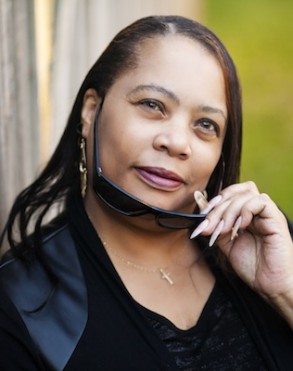
Nashville Based Author and CEO Featured in National Publication
|
|||||||||||||||||
|
|


